Apple’s 2007 launch of Leopard Server was the beginning of a new business strategy for the company. Leopard Server included a number of new features – shared calendaring with iCal Server, Apple’s wiki-based collaborative tools, and streamlined Podcast creation and hosting through Podcast Producer were some of the highlights. The biggest new feature, however, was the introduction of a simplified setup assistant and Server Preferences – a utility designed to look and feel similar to System Preferences that enabled easy management of key server features for smaller organizations with limited technical knowledge or resources.
Fast forward nearly five years to today and you can see the focus that Apple introduced in Leopard Server has become the core of Mountain Lion Server. You can also see that many features that used to be OS X Server staples are gone (or at least are being handed their hats and coats). What remains is a very inexpensive but still relatively powerful server OS with a focus on easy setup and management as well as collaboration.
![Mountain Lion Server Preview – It’s All About Small Business [Feature] Server app is Apple's current approach to OS Server Installs](https://www.cultofmac.com/wp-content/uploads/2012/05/lionserverapp.jpg)
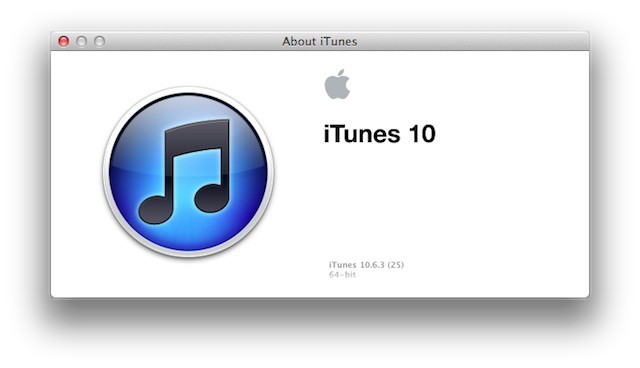
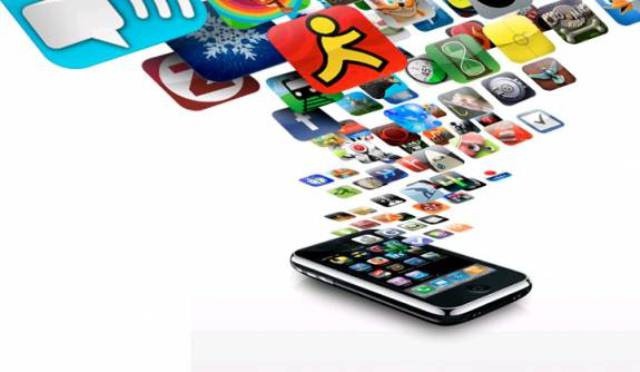
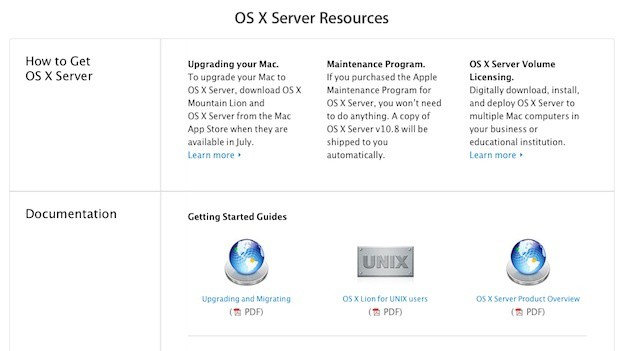






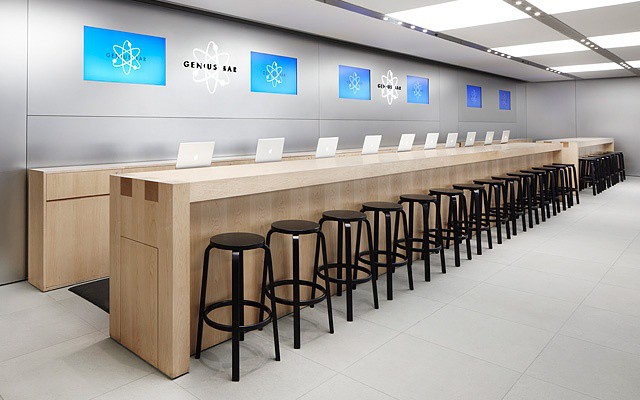
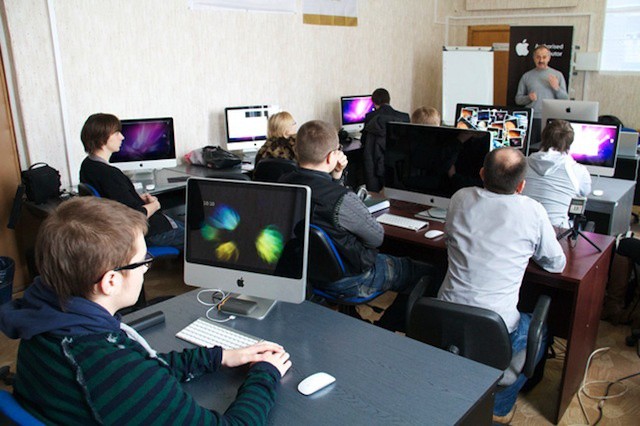
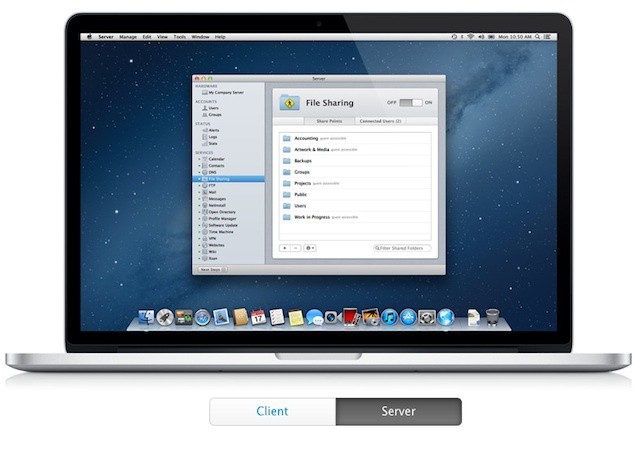
![Beyond The Big Announcement: What IT Pros Want To Hear At WWDC 2012 [Feature] What are IT professionals and business users looking for at this year's WWDC?](https://www.cultofmac.com/wp-content/uploads/2012/06/2775460696_27b1aef416.jpg)

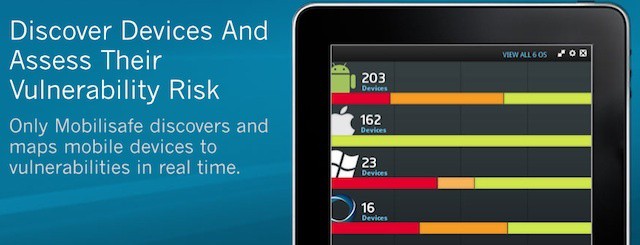
![Does Siri Belong In Business? [Feature] Siri](https://www.cultofmac.com/wp-content/uploads/2012/06/Siri.jpg)
![SOTI MobiControl Offers A Unique Mix PC and iOS Management Features [Mobile Management Month] SOTI MobiControl offers PC and mobile management options](https://www.cultofmac.com/wp-content/uploads/2012/05/soitlogo.jpg)

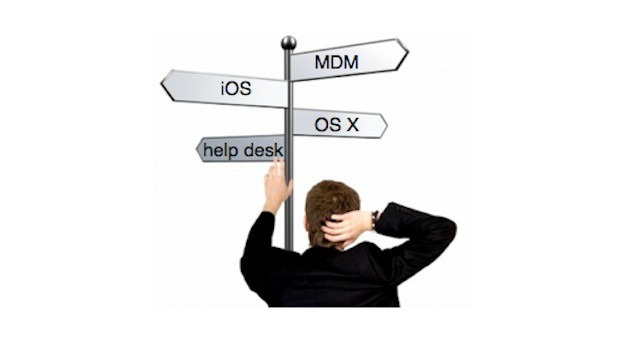
![FileWave Offers Mac, PC, and iOS Application Management [Mobile Management Month] FileWave offers desktop and iOS system and application management](https://www.cultofmac.com/wp-content/uploads/2012/05/filewave.jpg)


![Absolute Manage Offers Integrated Mobile & Desktop Management And Deployment [Mobile Management Month] Absolute Manage can be a single source option for mobile, desktop, and IT management](https://www.cultofmac.com/wp-content/uploads/2012/05/AM-logo.jpg)
![Who’s Really Winning The Device Wars: Android Or iOS? [Sponsored Post] solarwinds](https://www.cultofmac.com/wp-content/uploads/2012/05/solarwinds.jpg)